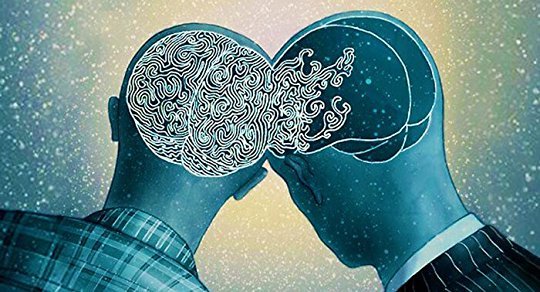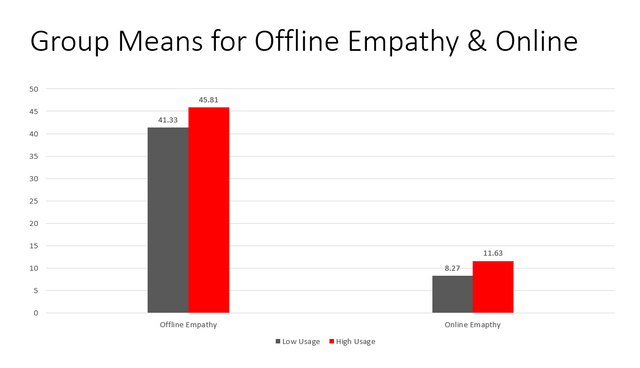Incentivized Social Media and the Impact on Users' Empathy
Televisions shows like Star Trek have featured extraordinary gadgets that were not conceivable during their premise, but are now considered essentials in our households; an example of one of these gadgets being a tablet computer. There is no denying that Star Trek has influenced a generation of fans, and with that influence comes a birth of innovative designs driven by conceptual inspiration.
With Netflix’s hit series, Black Mirror, we are presented with a conceptual realm that uncannily represents the direction of our society and the possibilities that can arise from these scenarios. Some episodes are eerily geared towards dystopian futures, and others that make us ponder if we are within a few years reach of this becoming our reality.

Empathy
Empathy is a basic human ability that allows the person to grasp and comprehend how another individual is feeling. The word “empathy” was first used by Titchener, and has been translated from the German word “Einfuhlung”, closely translating to simply placing yourself in what you observe, making you the recipient.
Empathy is essential for socializing, it is a multiplatform construct that incorporates both affection and intellect to perceive one’s perspective and develop an emotional response. It is believed to have been a hallmark in human evolution, which is why study carried out by Carrier et. al, noticed a decline in empathy in young people since technological communication quickly took over as the predominant means of communication. In a sample of 1726 adults born since 1980 (net generation) were assessed via a self-report anonymous questionnaire carried out by SurveyMonkey.com. The participants mean age was 23.39, and roughly 58% of participants were female, and the remaining 42% male. They looked for a difference between face-to-face empathy and virtual empathy, but found no statistical significance; people who express empathy to a nearby friend would also show that same amount of empathy to an online friend.


The Future
Where do we see ourselves in five years? Are we going to end up living in a false-utopian society that was portrayed in an episode of Black Mirror, where every interaction is preemptively calculated to benefit us, rather than convey the truth? This sort of incentivization is already present, but the applications in store for the future are rapidly developing, especially with blockchain integration. If making ourselves seem socially desirable to gather likes on Instagram, or upvotes on Reddit, what affect does this actually have if we are now monetarily rewarded?

There was an episode if The Orville that went to a planet that was on a like or dislike system. Everyone wore up or down badges and if you got so many down badges you pretty had to socially win back everyone's acceptance or you were drugged to be retaught how to be a good person. It was so crazy how fast your reputation could turn because of social media. Good post!!!